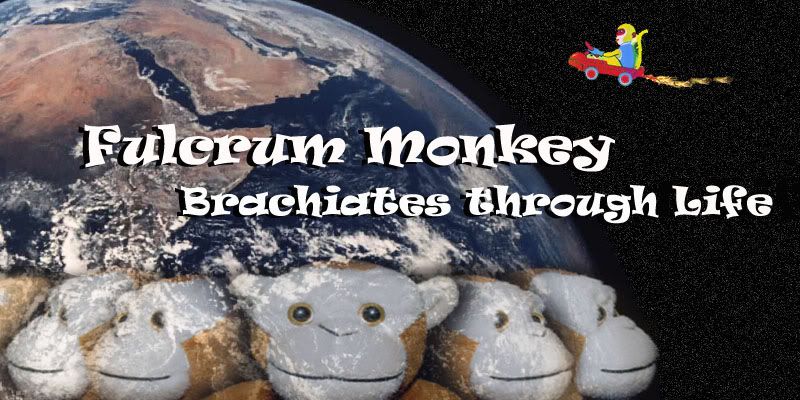In Lyndon Johnson’s 1964 Sate of The Union Address he declared war on poverty. Many have speculated that if it weren’t for the Vietnam War, great strides could have been made in eradicating poverty, but the effort is now generally considered to have been a failure. I’m not so sure that the police action undermined the effort. In a country known for waging un-winnable wars on abstract concepts like drugs and terrorism, poverty is just one more amorphous and ambiguous enemy that rocks the boat just enough to keep the other passengers in their seats. It’s a war we don’t want to win.
I’m watching the St. Louis local newscast on channel 5 and one of the lead female reporters is doing a cover story on area homeless. Part of her tag line is that she lived as a homeless person for four days twelve years ago. She’s raising awareness and I don’t want to ridicule her attempts at semi-sincere pseudo sensational identification, however I have to point out that I’ve seen this wrinkle before.
I recall a male newscaster when I was in high school using the same tag line. He had spent a few days a few years earlier living homeless and used that experience as the source of his credibility to speak on the issue. I think he was on a different channel so perhaps the idea is that every station needs a reporter that has lived on the streets, just like they all need doppler radar for their action forecasts.
This gambit must be a proven audience draw. How many market stations are there? How many times has this meme repeated itself? Do they draw straws for this detail? How homeless is the reporter who still has a home? Are four days on the street for a well off newscaster enough of a fixed point to leverage a city into action?
And what am I buying, and what are they selling besides the ad breaks for Wanda, queen of carpet? Couched within the call to action there is a healthy dose of middle class fear and cultural but-for-the-grace-of-god guardrails. Then I start to see them, the source of the reportage; the signs of our healthy economy and I think that for all the mixed motives of the ad backed cultural regulators in the media, there is still some human concern in operation.
I am driving to see an afternoon movie on Wednesday. Constantine is playing at the Chase at one fifteen so after the noon news I race up there. At the edge of the Central West End I see the stereotypical man with shopping cart. I’m at the northeast corner of Forest Park. The newscaster’s tales of homelessness on the rise in St. Louis are still hanging in the air from the post lunch teaser, reminding me to come back at five and learn more about families in need.
“This time it’s not just individuals, whole families are living in shelters, tune in at five and again at six to find out what living homeless is doing to the children.”
Where’s William Blake when you need him? At least the kids aren’t dying of black lung as cherubim chimney sweeps. You have to wonder about the American cult of potential and opportunity that automatically values the suffering of children over all else. The illusion of innocence is itself a powerful American naiveté. It allows for the conservative hypocrisy of working against abortion at home while sending eighteen years olds to war, to kill and die, as though murder and death were matters of degree.
The cart pusher in the park is wearing mechanic’s coveralls and worn shoes. He has his shopping cart piled high with what looks like foam rolls, perhaps potential bedding, and he is pushing his cart along the bike path opposite some of the wealthiest condos in town; four wheels spinning singular circles on the uneven blacktop.
I am wondering how many police will drive by him and pretend not to see him. I wonder if he sleeps in the park. I wonder about grocery stores building assumed cart theft into their depreciation accounts. Where is he going?
Thursday I am on my way to a job interview for a bartending job at a local pub. I pull up to the edge of the highway on ramp and sit waiting for the light to change. I am at the southwest corner of Forest Park, near the Jack Kennedy memorial rock. There’s an elderly black man with a tight-cropped beard holding a cardboard sign that says homeless on it in red marker or crayon. He’s doing the silent intersection grift.
I roll down the passenger window and call him over. I pull seven bucks from my pocket and hand him the ones. I keep the five for myself thinking it’s my only cash and I might somehow need it at the bar. What could I possibly need with the five? Am I going to have a pint of Guinness during the interview? Will he buy booze with the two like I might with my five? Does it matter?
He’s back at the corner with the money pinched in his gloved hand, the kind of gloves that you wear skiing, the kind where your fingers are immobilized by the thickness of the insulation. He takes one glove off so he can shift the money to the pocket of his jeans, to get money he has to show lack of money. He can’t be standing there with his two bucks on display. He knows the rules. He’s been at this more than four days.
The wealthiest nation on earth, tune in at five six and ten to get all the latest.




0 Comments:
Post a Comment
<< Home